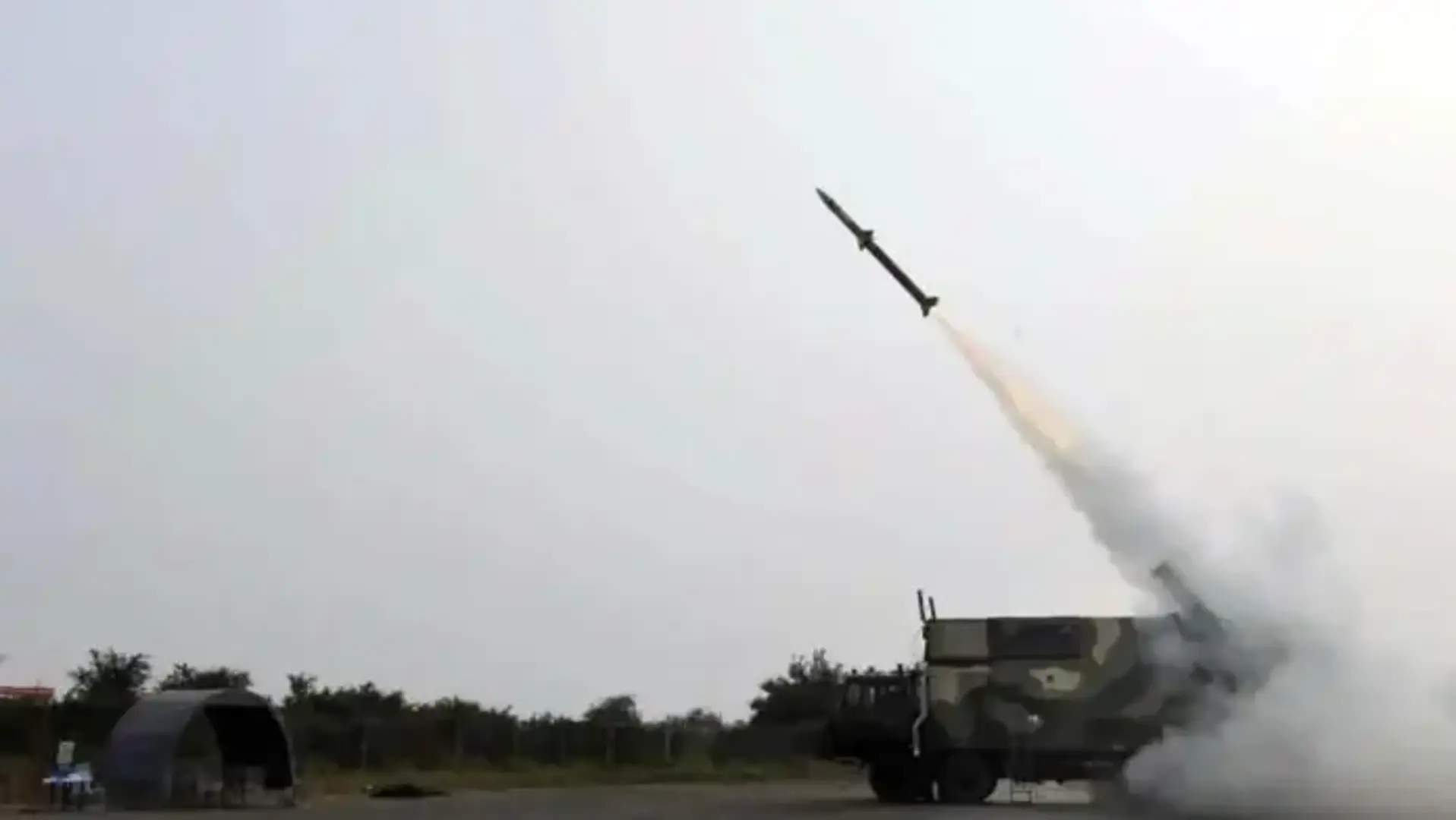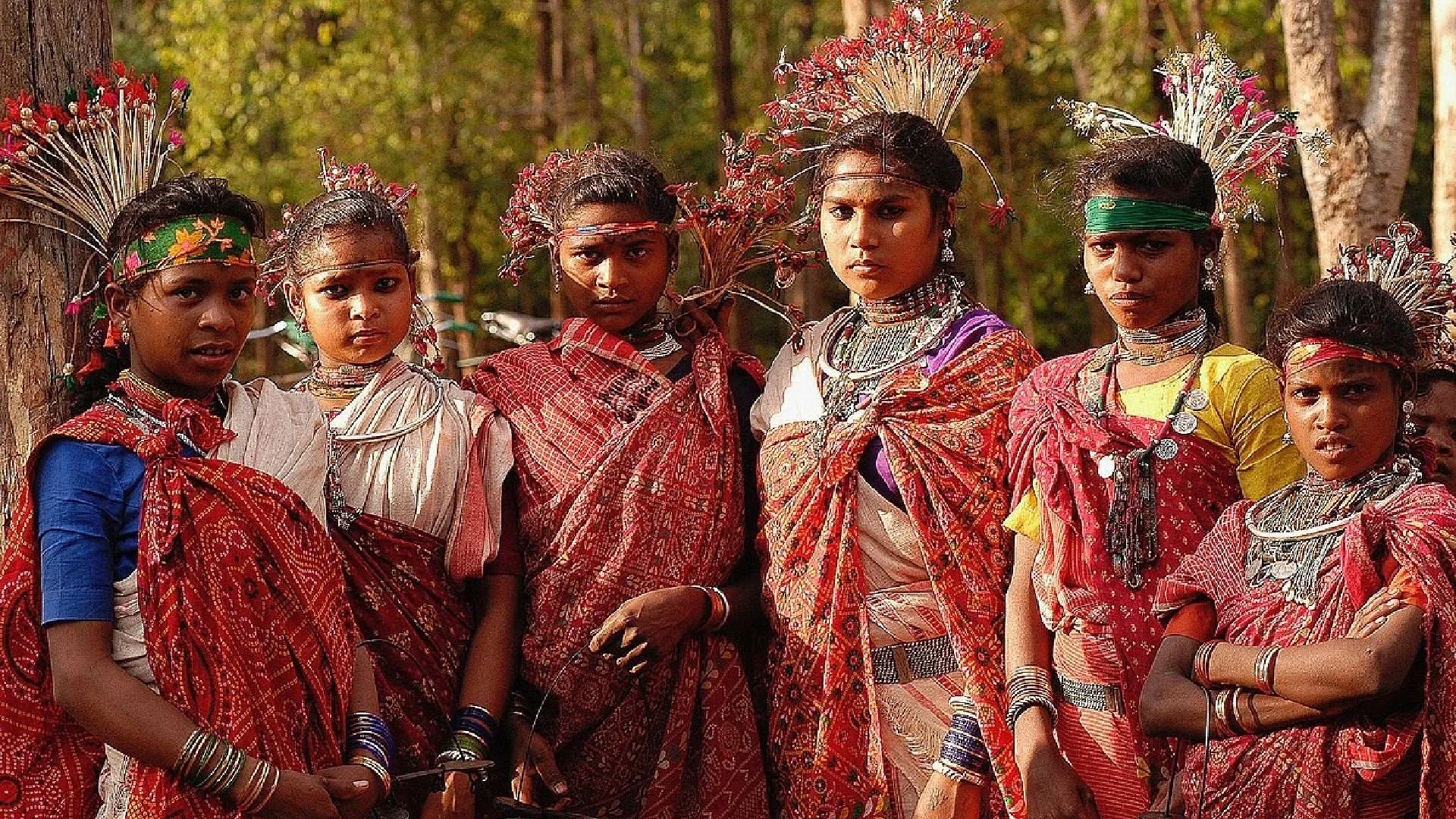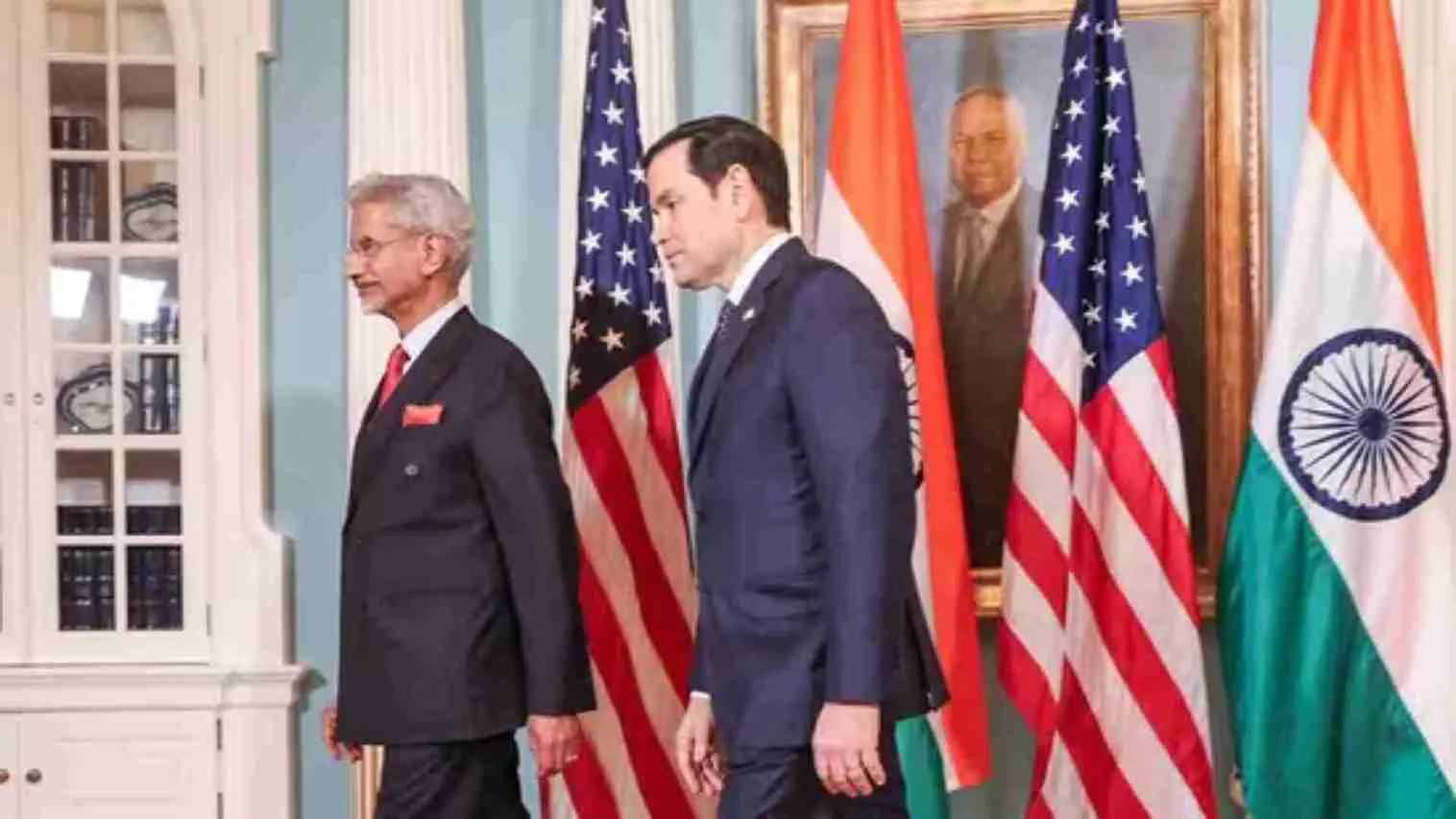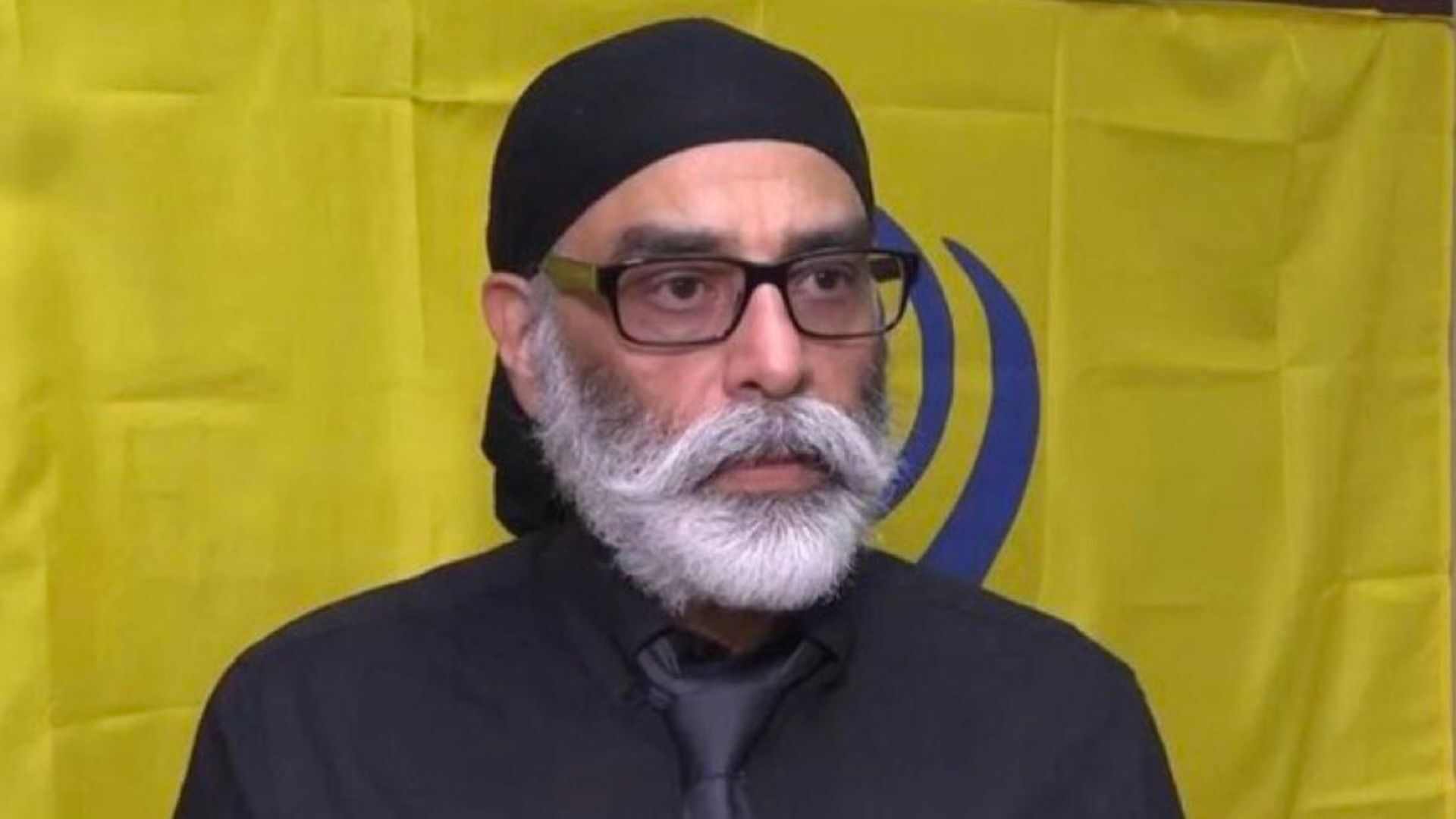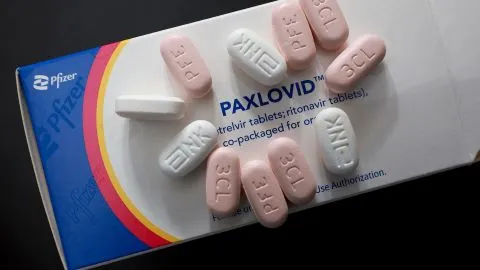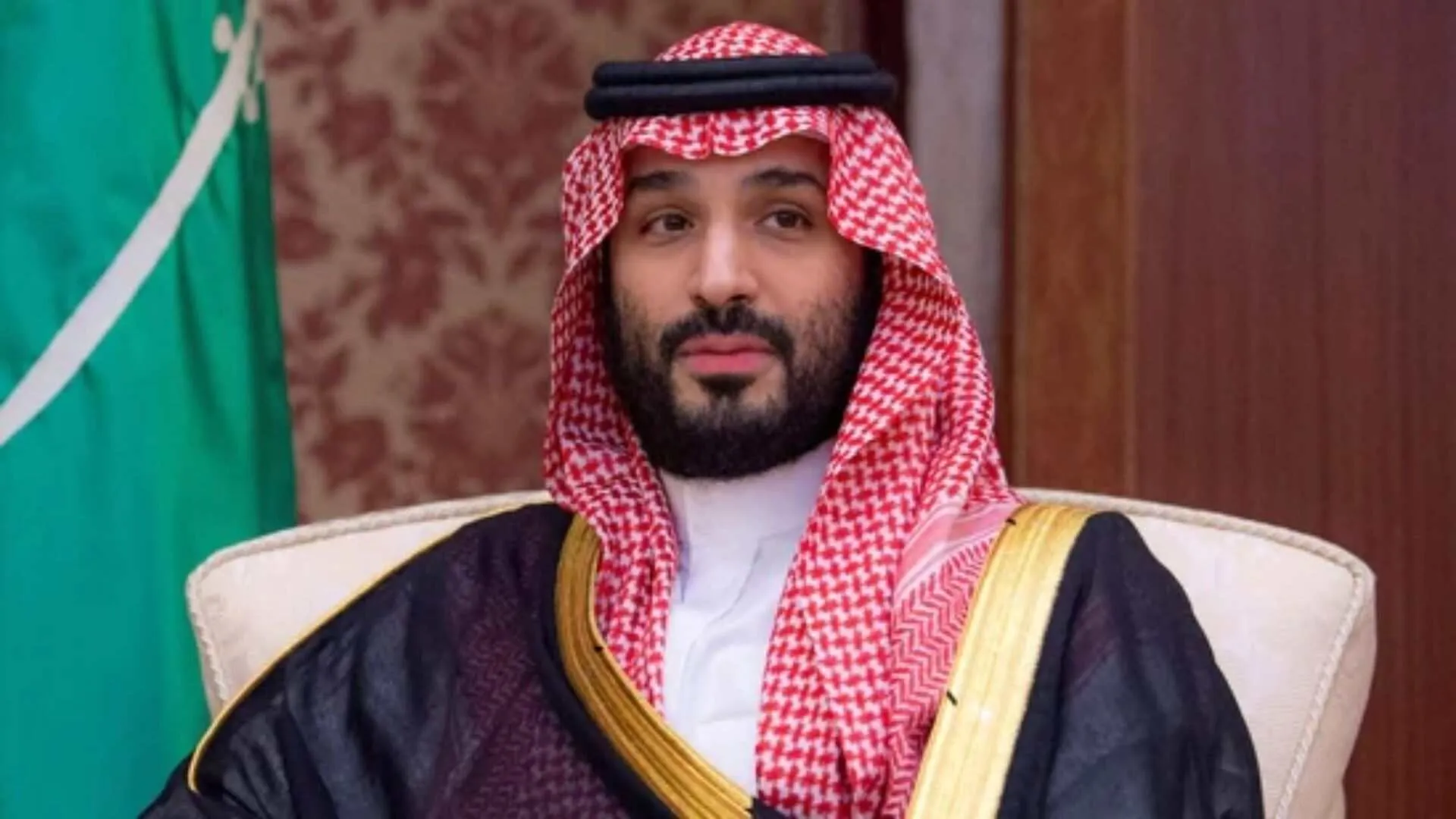India has successfully conducted test firings of the indigenously developed VSHORADS missiles at the Pokhran firing ranges in Jaisalmer, Rajasthan. The Defence Research and Development Organisation (DRDO) carried out three tests of the Very Short Range Air Defence System as part of its development trials.
Defence Minister Rajnath Singh congratulated the DRDO, the Indian Army, and the involved industries for the successful trials, stating that this advanced missile, equipped with modern technology, will enhance the Armed Forces’ capabilities against aerial threats. The Defence Minister’s office announced on Saturday that the DRDO successfully conducted three flight tests of this 4th generation, miniaturized weapon system from Pokhran.
These missiles, which have been in development for several years, are designed to address critical needs in countering enemy aircraft, drones, and other aerial targets at short ranges. The Indian forces have primarily relied on Russian Igla missiles but have recognized the need to modernize their inventory for over a decade.
The VSHORADS project includes two private companies as development and production partners.
On a related note, during the Indo-Pacific Regional Dialogue (IPRD) 2024 in New Delhi on Friday, Defence Minister Rajnath Singh expressed India’s commitment to peaceful dispute resolution and promoting cooperation among nations in the Indo-Pacific. He emphasized the importance of ASEAN in fostering regional dialogue, stability, and collective growth.
Singh highlighted India’s dedication to securing vital international maritime routes and noted that engagement with regional partners, including joint exercises and information-sharing initiatives, aims to strengthen the collective maritime security framework. He pointed out that the Indian Armed Forces, particularly the Navy, have taken a lead in cooperative efforts with regional countries and are continually working to enhance their capabilities.
While promoting maritime cooperation, Singh asserted that India’s interests do not conflict with those of other nations, and urged that the interests of any nation should not interfere with those of others.
He reiterated India’s vision for the Indo-Pacific, rooted in Prime Minister Narendra Modi’s concept of SAGAR (Security and Growth for All in the Region), which focuses on sustainable development, economic growth, and mutual security through partnerships. Singh concluded by stating that India’s approach is guided by the belief that true progress can only be achieved through collective action and synergy, reinforcing India’s status as a “credible and preferred security partner and first responder” in the region.

